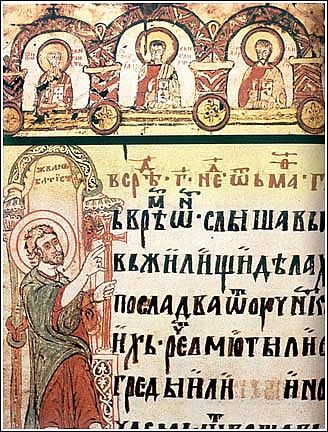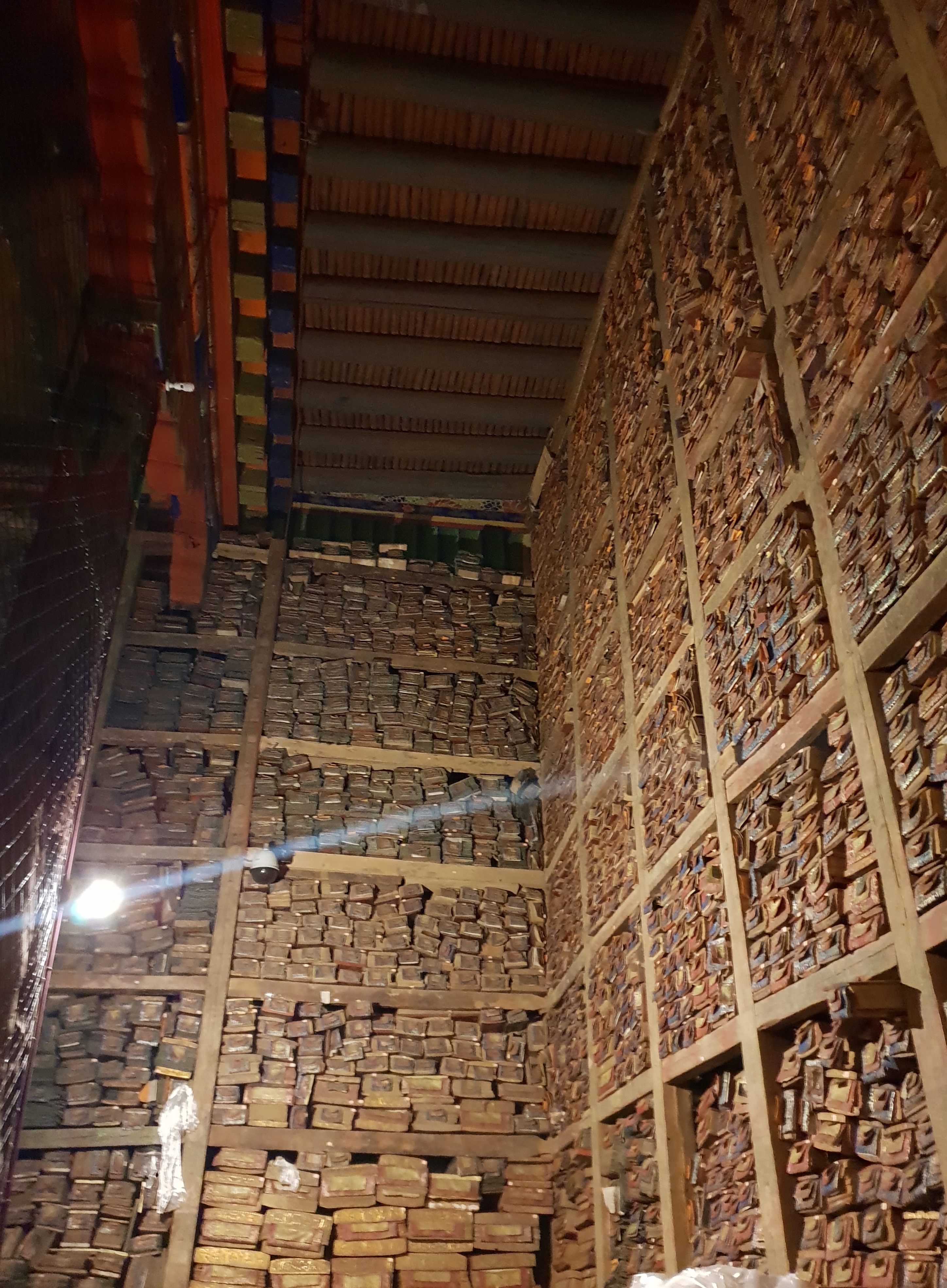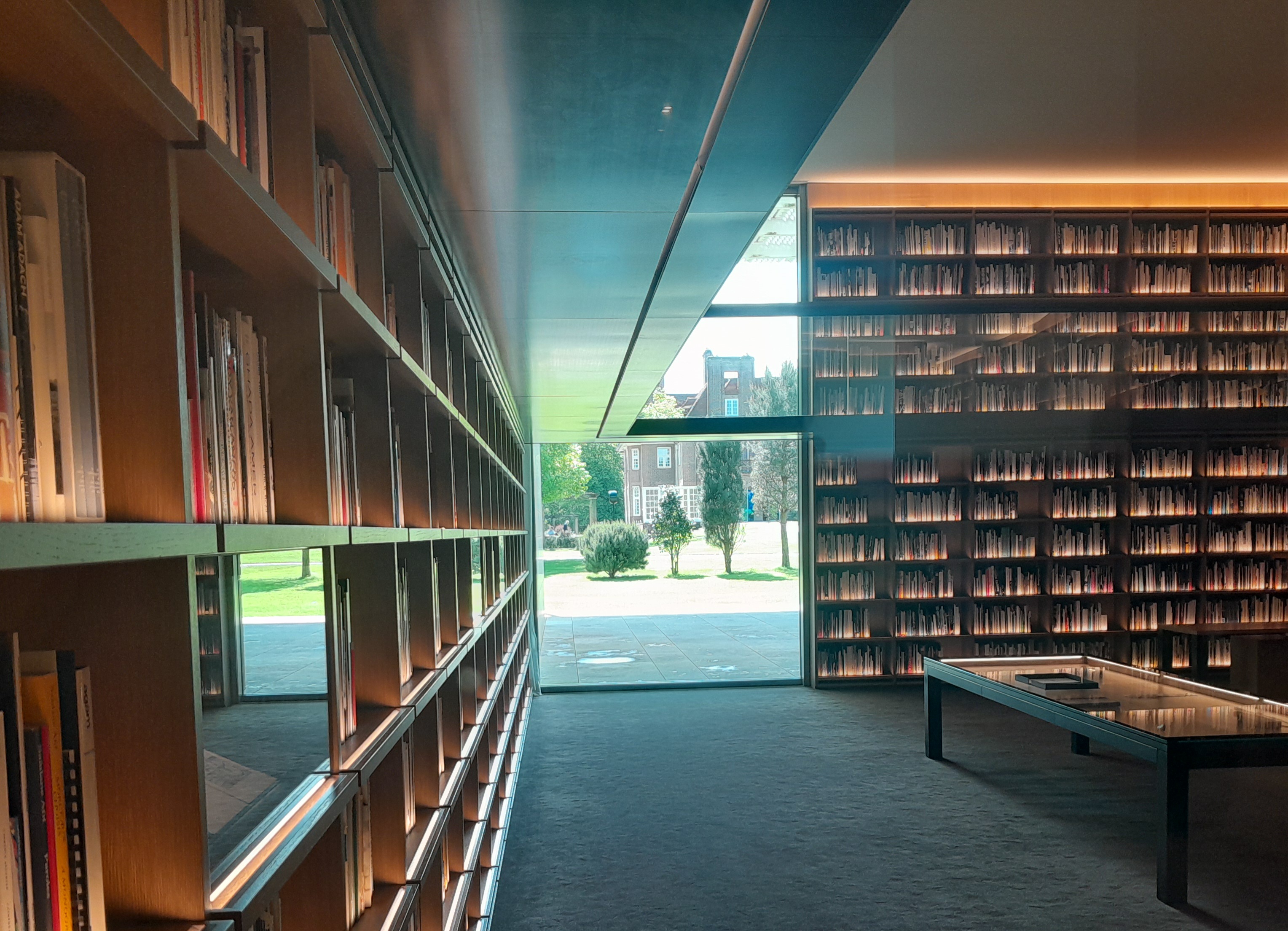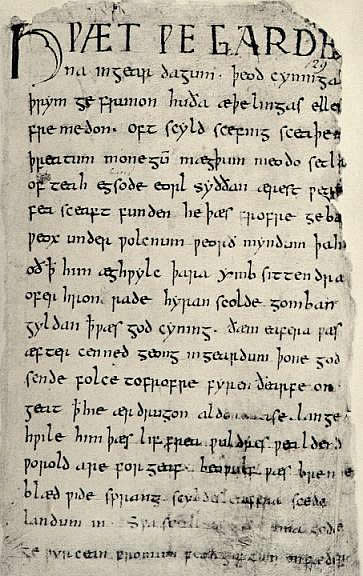
|
|
Literature (from Latin litterae (plural); letter) is the art of written work. The word literature literally means: "things made from letters". Literature is commonly classified as having two major forms—fiction and non-fiction—and two major techniques—poetry and prose.
Literature may consist of texts based on factual information (journalistic or non-fiction), a category that may also include polemical works, biography, and reflective essays, or it may consist of texts based on imagination (such as fiction, poetry, or drama). Literature written in poetry emphasizes the aesthetic and rhythmic qualities of language—such as sound, symbolism, and metre—to evoke meanings in addition to, or in place of, ordinary meanings, while literature written in prose applies ordinary grammatical structure and the natural flow of speech. Literature can also be classified according to historical periods, genres, and political influences. While the concept of genre has broadened over the centuries, in general, a genre consists of artistic works that fall within a certain central theme; examples of genre include romance, mystery, crime, fantasy, erotica, and adventure, among others. |
|
|
 |
|
|---|
|
| Important historical periods in English literature |
Important historical periods in English literature include Old English, Middle English, the Renaissance, the Elizabethan era of the 16th century (which includes the Shakespearean era), the 17th Century Restoration period, the 18th century Age of Enlightenment, the Romanticism of the early 19th century, the later 19th Century Victorian, and 20th Century Modernism and Post-modernism. Important intellectual movements that have influenced the study of literature include feminism, post-colonialism, psychoanalysis, post-structuralism, post-modernism, romanticism, and Marxism.
Literature concerns set of texts which it is considered that they have universal values, is kernel of our cultural heritage. There is powerful literature in all great cultures of the world. But it appeared that Europe is still the center of the literary world. Some writers descriped how they became European: by a wide fan of literature. Iliad and Odysseus, the Arthur legends and the Norwegian and Icelandic myths are part of the habit of thoughts, just like Kleist, Vergilius, Racine and Thomas Mann. A reading list can be found here. What to understand by European literature? Melancholy, history, complexity and old appear to be associations. It is a complete backround of shared experiences, partial political structures, adhered and abandoned ideologies, wars and dictatorships. Jáchym Topol defined: 'a European writer is someone who knows about disasters and horrors. It is a person who knows what communism has caused, the meaning of WW-II: common history and common misery, 'The Project Gutenberg EBook of The European Anarchy, by G. Lowes Dickinson'. |
|
|
| GALLIMARD |
| Gallimard, a French publishing group, was founded in 1911. The company is considered one of the largest and most influential French publishing houses, particularly for 20th and 21st century literature. Gallimard's catalog contained no less than 36 Prix Goncourts in 2011; 38 writers have ever won a Nobel Prize in Literature, and 10 of them received a Pulitzer Prize. |
| Rome Reborn |
|
| Sakya Monastery vs modern library |
Sakya Monastery, a Buddhist monastery situated in Sa'gya Town, Sa'gya County, about 127 km west of Shigatse in Tibet Autonomous Region, houses a huge library of as many as 84,000 books on traditional stacks 60 metres long and 10 metres high. Most of them are Buddhist scriptures, although they also include works of literature, history, philosophy, astronomy, mathematics, agriculture and art. Some volumes may be untouched for hundreds of years.
One scripture weighs more than 500 kg, the heaviest in the world. The collection also includes many volumes of palm-leaf manuscripts, which are well-preserved due to the region's arid climate. In 2003, the library was examined by the Tibetan Academy of Social Sciences. The monastery started to digitize the library in 2011. As of 2022, all books have been indexed, and more than 20% have been fully digitized. Monks now maintain a digital library for all scanned books and documents. |
 |

From plinth to ceiling, the space is filled with books about the artists in our collection – from antiquarian to recent editions. In the showcases between the bookshelves, artists’ books made by leading artists are on display. |
More than 3,000 murals in Sakya Monastery depict religious, historical and cultural themes, including valuable records of historical scenes such as Phagpa's meeting with Kublai Khan and the monastery's founding. The main library hall contains a 66-meter-long mural showing the life of Gautama Buddha. There are also more than 1,100 pieces of porcelain in the hall, dating from the Yuan dynasty to early 20th century. |
| Poetry |
 |
Poetry (from the Greek "ποίησις", poiesis, a "making") is a form of literary art in which language is used for its aesthetic and evocative qualities in addition to, or in lieu of, its apparent meaning. Poetry may be written independently, as discrete poems, or may occur in conjunction with other arts, as in poetic drama, hymns or lyrics. Poetry, and discussions of it, have a long history.
Early attempts to define poetry, such as Aristotle's Poetics, focused on the uses of speech in rhetoric, drama, song and comedy. Later attempts concentrated on features such as repetition, verse form and rhyme, and emphasized the aesthetics which distinguish poetry from prose. From the mid-20th century, poetry has sometimes been more loosely defined as a fundamental creative act using language. In today's globalized world, poets often borrow styles, techniques and forms from diverse cultures and languages. |
Poetry often uses particular forms and conventions to expand the literal meaning of the words or to evoke emotional or sensual responses, e.g. 'PEBBLE' by Zbigniew Herbert, 'Paradise Lost' by John Milton and 'Invictus' by William Ernest Henley which is about the indomitable spirit and resilience of man. Gyula Illyés is a well-known Hungarian poet and novelist, with love, life and death as main themes. Devices such as assonance, alliteration and rhythm are sometimes used to achieve musical or incantatory effects as in the poem 'ODE' from the collection Music and Moonlight 1874, by O'Shaughnessy and about a nation and a culture as the American-British poem 'Four Quartets by TS Eliot'.
Poetry's use of ambiguity, symbolism, irony and other stylistic elements of poetic diction often leaves a poem open to multiple interpretations. Similarly, metaphor and simile create a resonance between otherwise disparate images—a layering of meanings, forming connections previously not perceived. Kindred forms of resonance may exist, between individual verses, in their patterns of rhyme or rhythm. Some forms of poetry are specific to particular cultures and genres, responding to the characteristics of the language in which the poet writes. While readers accustomed to identifying poetry with Dante, Goethe, Mickiewicz and Rumi may think of it as being written in rhyming lines and regular meter, there are traditions, such as those of Du Fu (a prominent Chinese poet of the Tang dynasty) and Beowulf, that use other approaches to achieve rhythm and euphony. |
|
| The spirit of Lettres modernes, Histoire de la littérature Européenne: |
| BIBLE
Stevenson Vergilius -> Dante, Balzac, Zola, Céline James Joice -> Dos Passos, Ellison, Faulkner (Toni Morrison, G. Márquez), Woolf (Beauvoir, Lessing, Atwood) Laurence Sterne -> H. Fielding, Jane Austen (de Brontës, Henry James, Edith Warton), Dickens (Dostojevski, Thackeray, Hugo), Borges, Calvino, Pamuk |